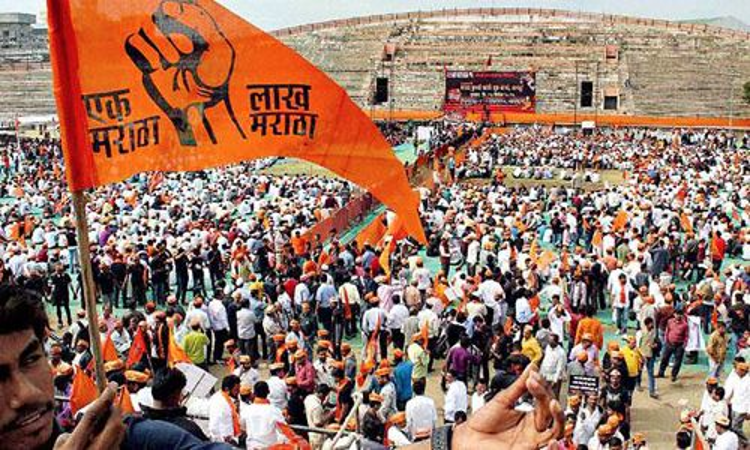Breaking : Bombay HC Upholds Maratha Reservation; But Says 16% Not Justifiable
Nitish Kashyap
27 Jun 2019 3:43 PM IST

Next Story
27 Jun 2019 3:43 PM IST
The Bombay High Court on Thursday upheld the validity of reservation granted to the Maratha community by the state government under the socially and educationally backward class category (SEBC) in government jobs and educational institutions.However, the Court has held that 16% reservation is not justifiable and ruled that reservation should not exceed 12% in employment and 13% in education...
